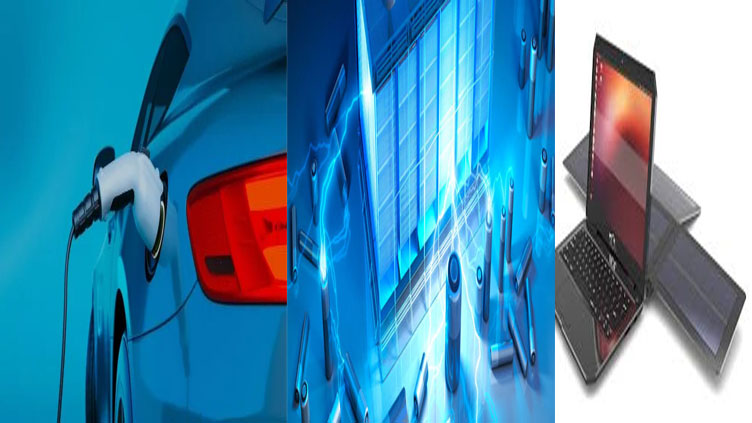Supercapacitors can charge your laptop or electric vehicle in minutes

Technology
It could also enhance energy storage for power grids, meeting increasing energy demands
Scientists at the University of Colorado Boulder has achieved a significant breakthrough in energy storage technology, potentially revolutionizing charging times for electronic devices and electric vehicles in minutes.
Led by Ankur Gupta, an assistant professor of chemical and biological engineering, their research, published in the Proceedings of the National Academy of Science, focuses on manipulating ions within a complex network of tiny pores.
The team's findings could pave the way for more efficient energy storage devices, such as supercapacitors, which have the potential to drastically reduce charging times.
Gupta explained that while various techniques in chemical engineering have been applied to study flow in porous materials like oil reservoirs and water filtration systems, they haven't been fully utilized in energy storage systems.
The team offers new insights into ion movement within interconnected pore networks by modifying Kirchhoff's law, which governs current flow in electrical circuits,
This discovery's implications extend beyond electronic devices and electric vehicles; it could also enhance energy storage for power grids, crucial for managing fluctuating energy demand and ensuring rapid supply during peak periods.
Supercapacitors, known for their rapid charging times and longer lifespans compared to traditional batteries, rely on ion accumulation in their pores.
The team's research could advance supercapacitor technology significantly, making charging and energy release even faster through more efficient ion movement.


